Hyundai’s Latest Production Pause
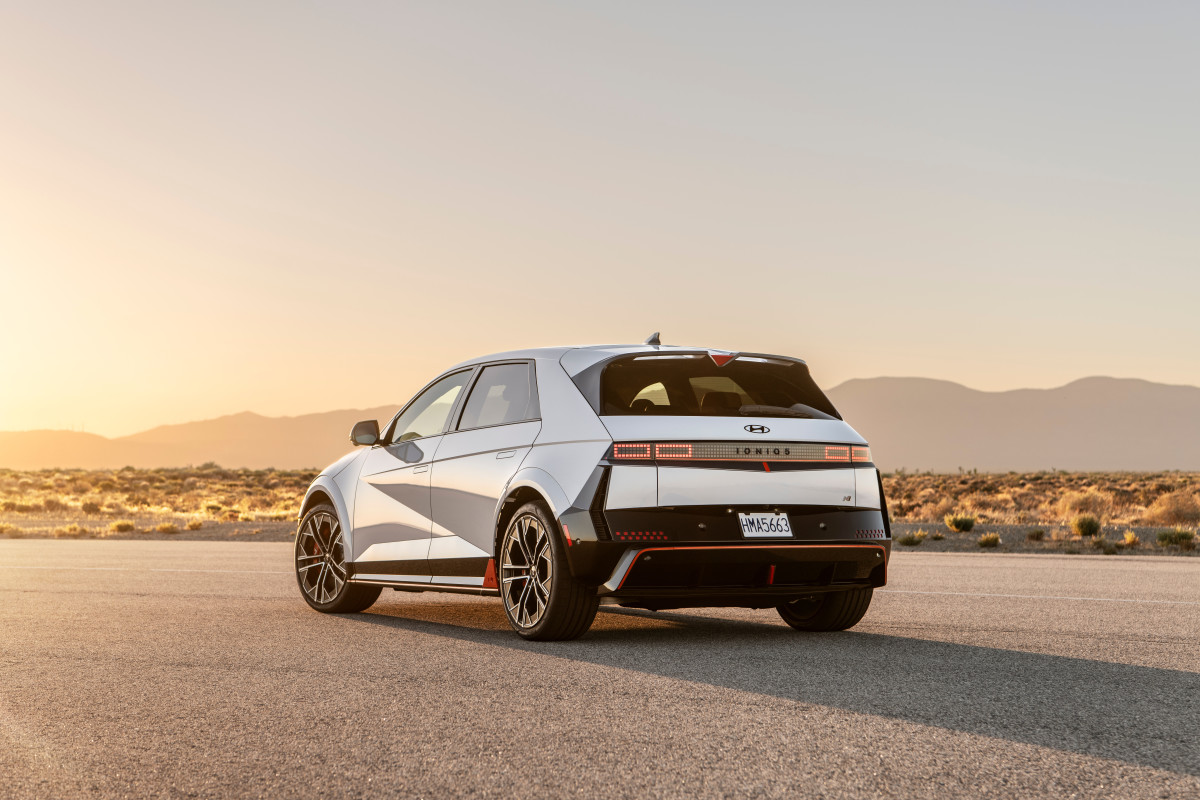
It seems electric vehicles are experiencing a bumpy road lately. Hyundai, for instance, announced another production halt at its primary factory in South Korea. This comes as demand for EVs, especially in major markets like North America and Europe, appears to be on the decline. This isn’t the first time Hyundai hit the brakes, literally, as they also paused production earlier this year in February. The decision is influenced by faltering sales that the American EV giant, Tesla, is also facing.
Impact on EV Models
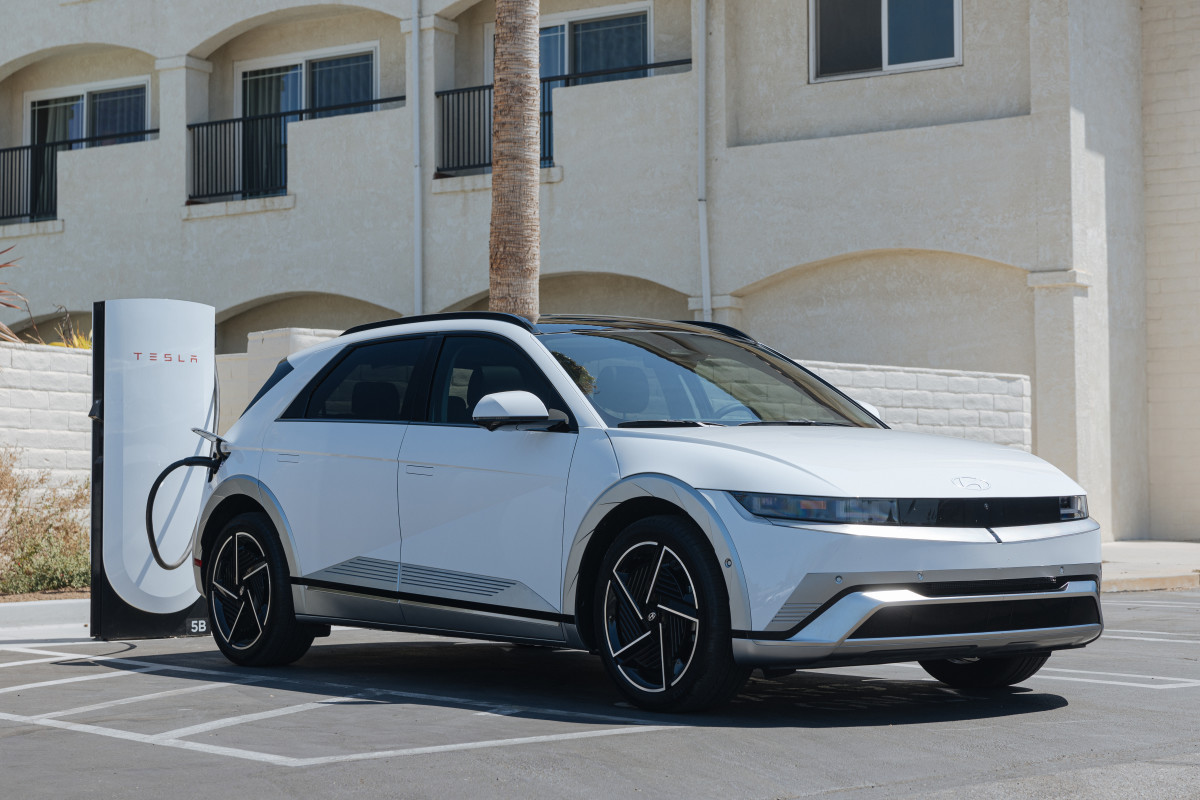
The production hold affects Hyundai’s Ioniq 5 and Kona Electric. The Ioniq 5, a standout with its retro design and modern features, starts at $42,600 in the U.S. and can travel up to 318 miles between charges. Its ultra-fast charging can replenish 10% to 80% of its 84 kWh battery in just 20 minutes, thanks to a whopping 350 kW charging capability.
Meanwhile, the Kona Electric comes in as a cost-effective option at $32,975, offering 261 miles on a full charge. It also features DC fast charging, which can boost the battery to 80% in about 43 minutes. These two models highlight Hyundai’s strong presence in the EV market, although the market’s current mood seems lukewarm at best.
Sales figures in South Korea haven’t been encouraging, with only 75 units of the Ioniq 5 sold in January. Despite a lukewarm response domestically, Hyundai’s Georgia plant in the U.S. continues to churn out the Ioniq models, showing a focus on maintaining their American market presence.
Incentives and Investments
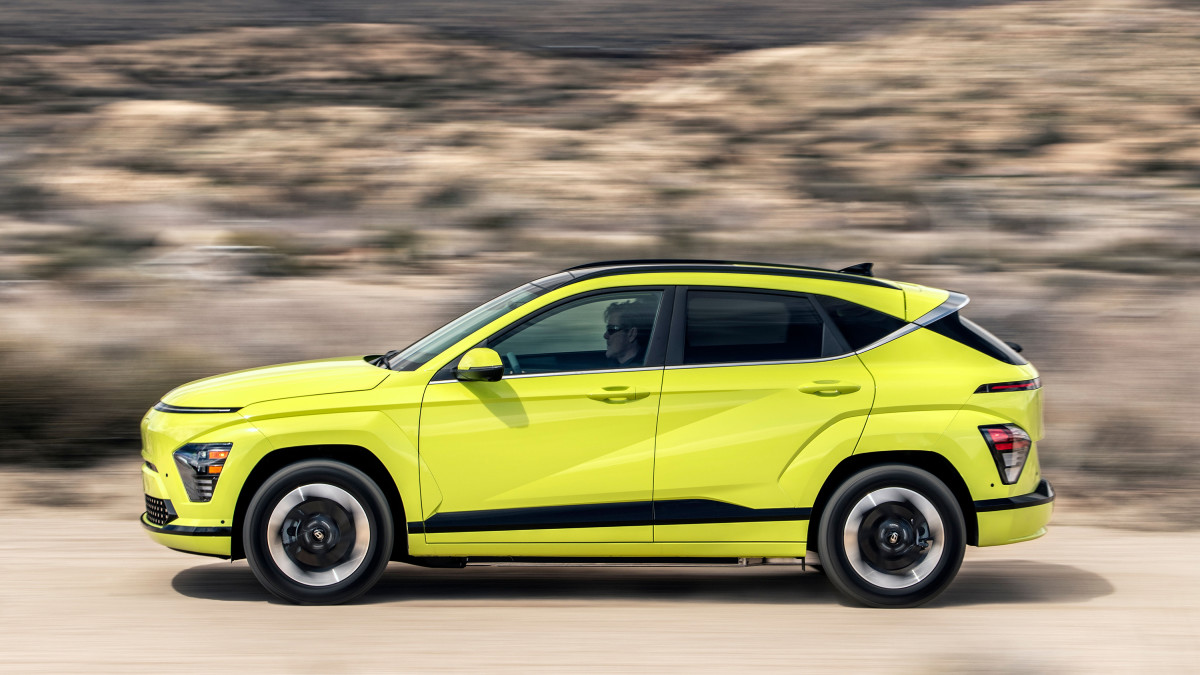
The changing governments’ EV incentives have been a thorn in the side for many automotive giants, including Hyundai. Adjustments in EV subsidy programs in the U.S., Canada, and key parts of Europe have slowed sales. In response, Hyundai has introduced zero-interest financing in North America and down payment assistance in some European markets, although the results have been less impactful than anticipated.
Hyundai plans to hold their current prices steady until June 2nd within an effort to allay any potential concerns amid tariff uncertainties. The streak of proactive measures paints a picture of a company striving to maintain its footing in a shifting market landscape.
Concluding Thoughts
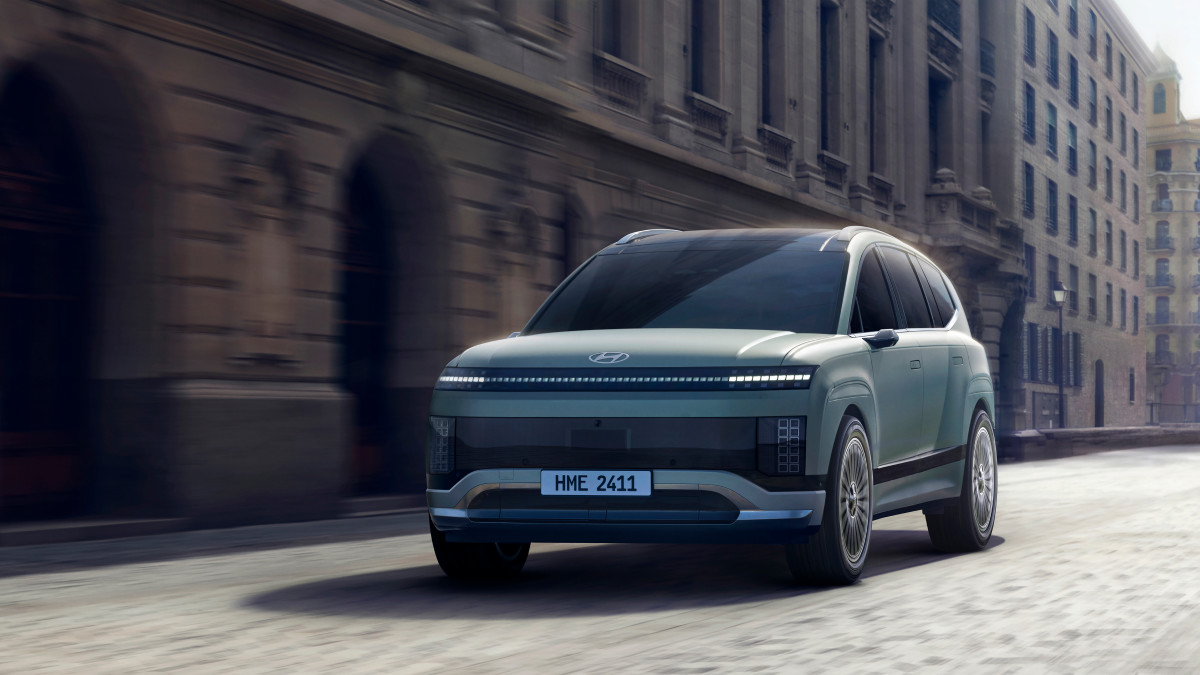
Hyundai remains a formidable force in the automotive landscape, despite the current hurdles in EV sales. Amidst fluctuating policies and a competitive market, Hyundai has made substantial commitments to the U.S., planning a $21 billion investment to boost domestic production and partnerships. With the EV market facing challenges, Hyundai has an opportunity to realign and adapt strategies to capture more of the potential demand left in Tesla’s wake.
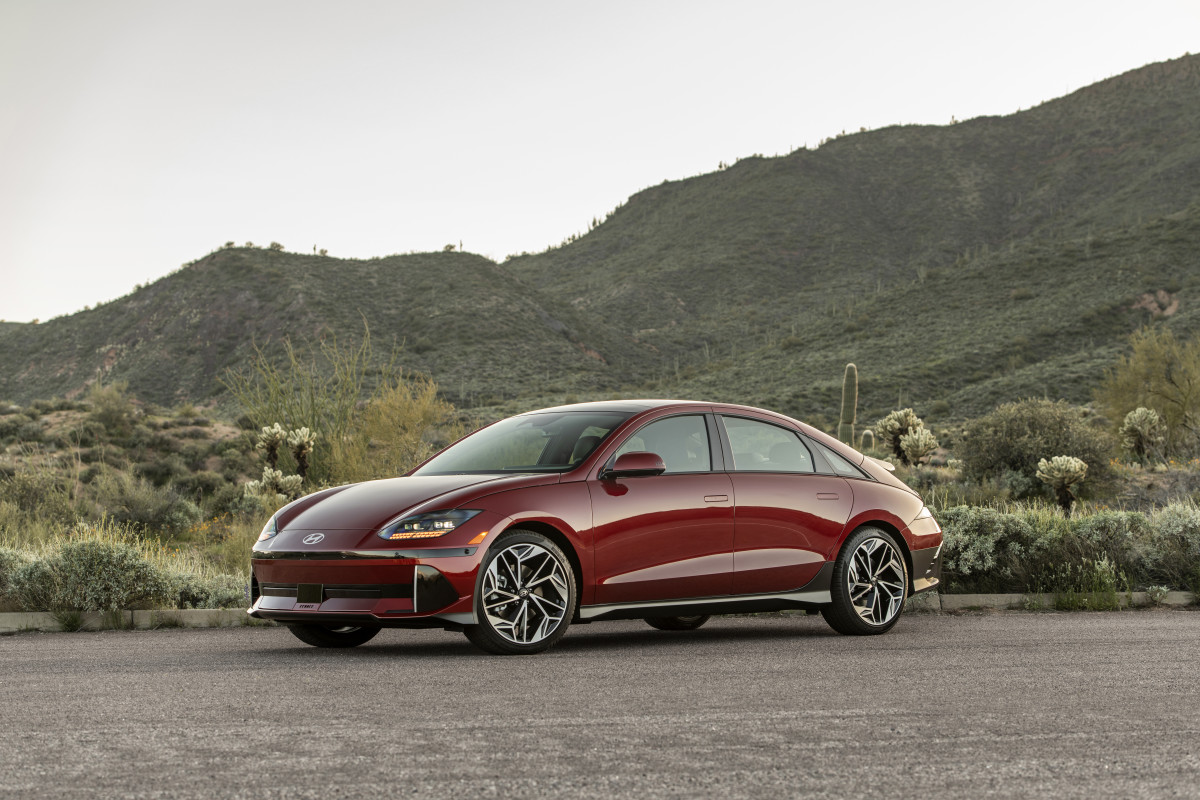
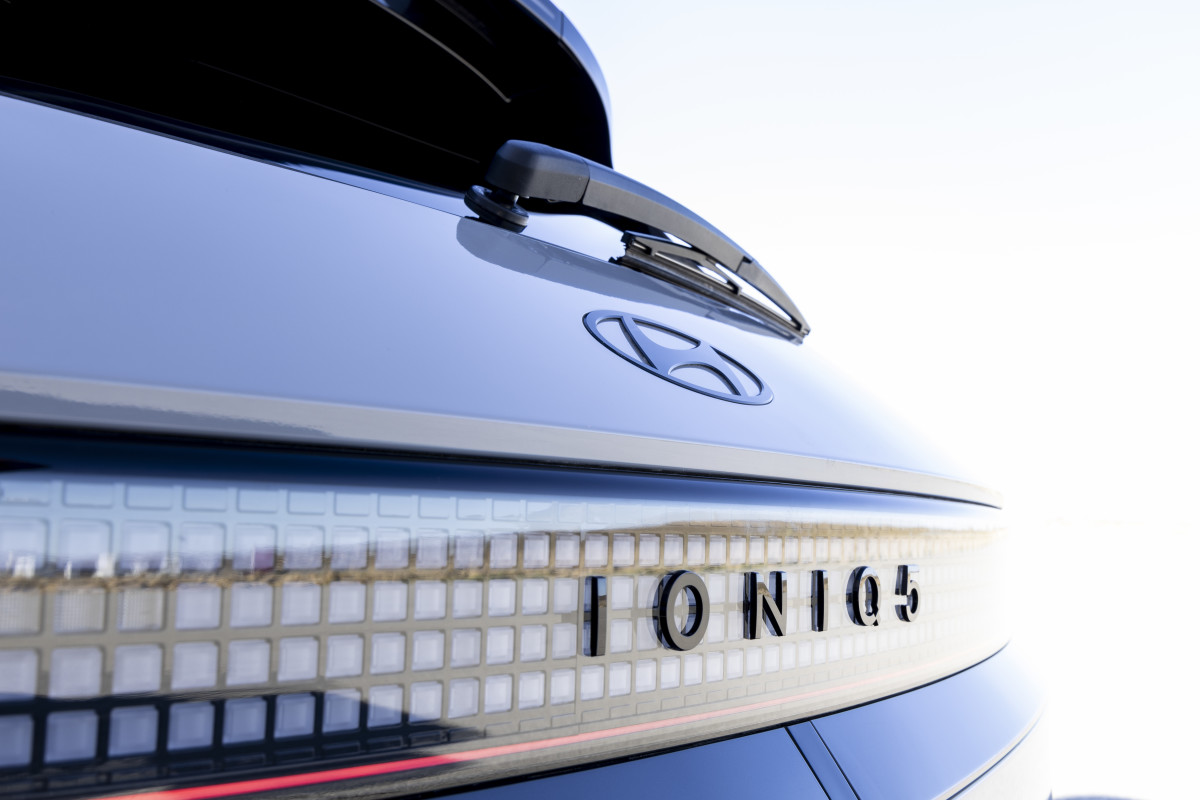
Car Value Dive: Top Hits
Alfa Stelvio Shines
Auto Show's Global Buzz
New Stelvio Revealed
Bugatti Bolide Unveiled